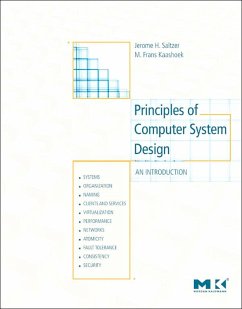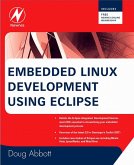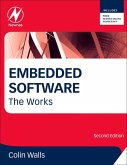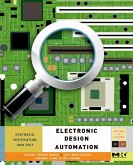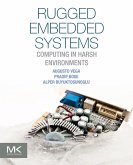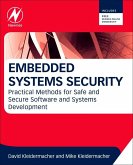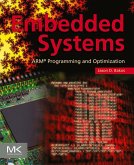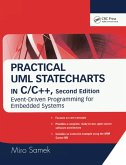Through carefully analyzed case studies from each of these disciplines, it demonstrates how to apply these concepts to tackle practical system design problems. To support the focus on design, the text identifies and explains abstractions that have proven successful in practice such as remote procedure call, client/service organization, file systems, data integrity, consistency, and authenticated messages. Most computer systems are built using a handful of such abstractions. The text describes how these abstractions are implemented, demonstrates how they are used in different systems, and prepares the reader to apply them in future designs.
The book is recommended for junior and senior undergraduate students in Operating Systems, Distributed Systems, Distributed Operating Systems and/or Computer Systems Design courses; and professional computer systems designers.
Features:
- Concepts of computer system design guided by fundamental principles.
- Cross-cutting approach that identifies abstractions common to networking, operating systems, transaction systems, distributed systems, architecture, and software engineering.
- Case studies that make the abstractions real: naming (DNS and the URL); file systems (the UNIX file system); clients and services (NFS); virtualization (virtual machines); scheduling (disk arms); security (TLS).
- Numerous pseudocode fragments that provide concrete examples of abstract concepts.
- Extensive support. The authors and MIT OpenCourseWare provide on-line, free of charge, open educational resources, including additional chapters, course syllabi, board layouts and slides, lecture videos, and an archive of lecture schedules, class assignments, and design projects.
Dieser Download kann aus rechtlichen Gründen nur mit Rechnungsadresse in A, B, BG, CY, CZ, D, DK, EW, E, FIN, F, GR, HR, H, IRL, I, LT, L, LR, M, NL, PL, P, R, S, SLO, SK ausgeliefert werden.

